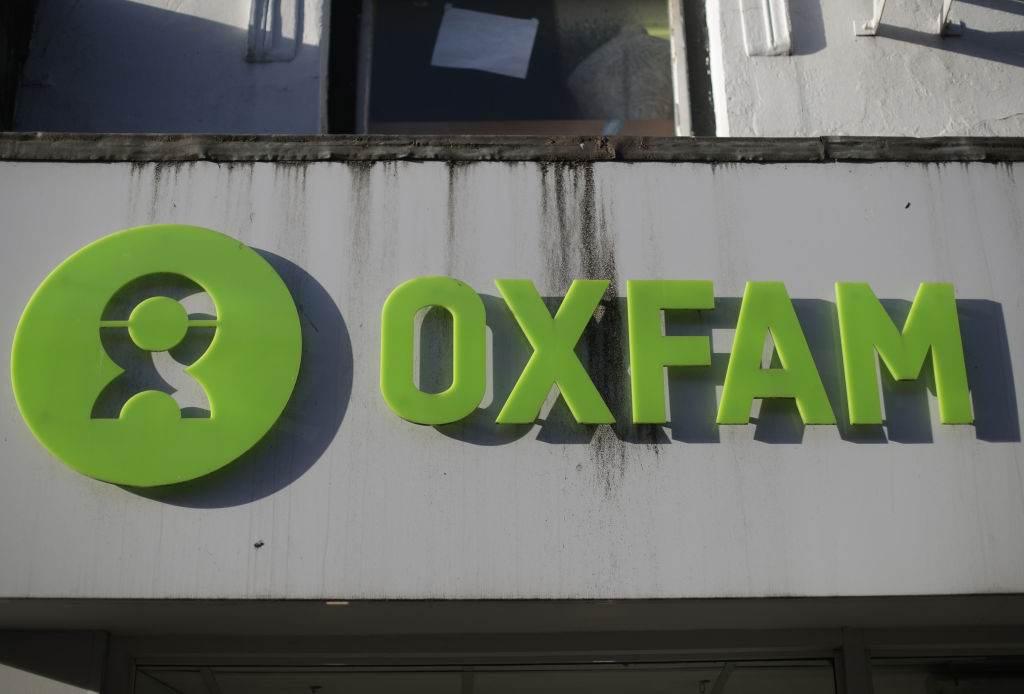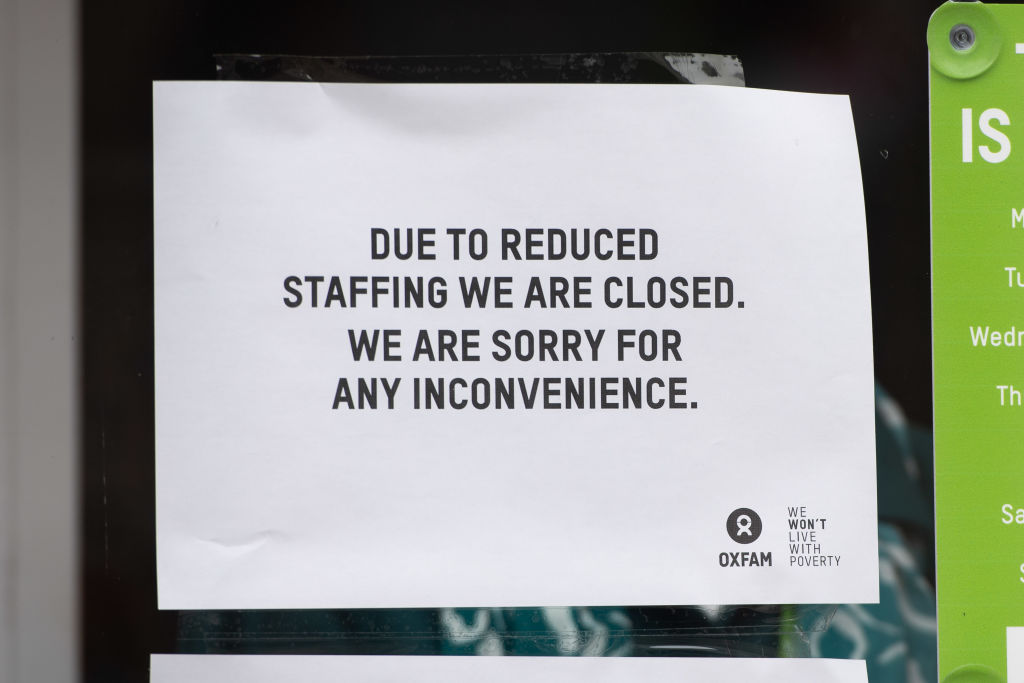
The international development organization Oxfam announced on Wednesday that it will withdraw its operations in 18 countries and lay off nearly a third of its staff due to final pressures associated with the COVID-19 pandemic.
“The coronavirus has made Oxfam’s work helping the world’s most vulnerable people more vital than ever while, at the same time, it is impacting on our capacity to deliver,” Oxfam interim Executive Director Chema Vera said in a statement.
Currently, Oxfam operates in 66 countries. Moving forward, the organization plans on maintaining a presence in 48 countries. 1,450 out of 5,000 staff members will be laid off.
The COVID-19 pandemic has put a strain on the organization’s financial situation, due to the cancellation of fundraising events and the closing of Oxfam charity shops. According to the organization’s most recent annual report, fundraising accounted for 40% of Oxfam’s budget in 2018-2019. Some Oxfam staff have already taken voluntary salary cuts, notably among senior staff members.

Several country offices will now be shut down including in Thailand, Afghanistan, Sri Lanka, Pakistan, Tajikistan, Haiti, Dominican Republic, Cuba, Paraguay, Egypt, Tanzania, Sudan, Burundi, Rwanda, Sierra Leone, Benin, Liberia, and Mauritania. Oxfam has been present in some of these countries for over 50 years. In some cases, the organization sounded the alarm bell regarding human rights violations in the countries where they worked, notably in Rwanda during the genocide.
“Inevitably, we have had to make some very difficult choices about where we will no longer have a physical presence,” Vera said in the statement, adding that moving forward, Oxfam will have a “deeper footprint” in some countries.
Before the COVID-19 pandemic, Oxfam was already undergoing a restructuring and in 2018 began a ten year strategic review following a scandal involving the organization. Oxfam came under fire after it was discovered the organization covered up its investigation into staff paying locals for sex in the aftermath of the 2010 earthquake in Haiti. Reports by Charity Commission concluded that there were “serious problems with the culture, morale and behaviour” of Oxfam staff in Haiti after uncovering 7,000 pieces of evidence that showed the charity concealed allegations of child abuse. The scandal led to the resignation of the Oxfam Chief Executive in Great Britain, Mark Goldring as well as its deputy chief executive, Penny Lawrence in 2018. Oxfam took a financial hit in the aftermath of the scandal, after several donors pulled their support. A leaked document found that Oxfam suffered a $19 million cut to its budget as a result of the scandal.
“The child safeguarding scandal of 2018 with Oxfam UK had already weakened the organization’s brand, not least with some major funders,” says Stefan Dercon, a Professor of Economic Policy at Oxford and the former Chief Economist at DFID, the UK government department in charge of UK’s international development efforts. “It started 2020 already weaker than many other organizations.” He added, “COVID19 accelerated their decline.”
While Oxfam faced unique pressures before COVID-19, the climate was still challenging for aid organizations before the pandemic hit. “Even before the crisis, declining commitment to aid across many countries was putting many of the usual delivery agents of development, including but not only international NGOs, under pressure,” Dercon said.
More Must-Reads from TIME
- How Donald Trump Won
- The Best Inventions of 2024
- Why Sleep Is the Key to Living Longer
- Robert Zemeckis Just Wants to Move You
- How to Break 8 Toxic Communication Habits
- Nicola Coughlan Bet on Herself—And Won
- Why Vinegar Is So Good for You
- Meet TIME's Newest Class of Next Generation Leaders
Contact us at letters@time.com